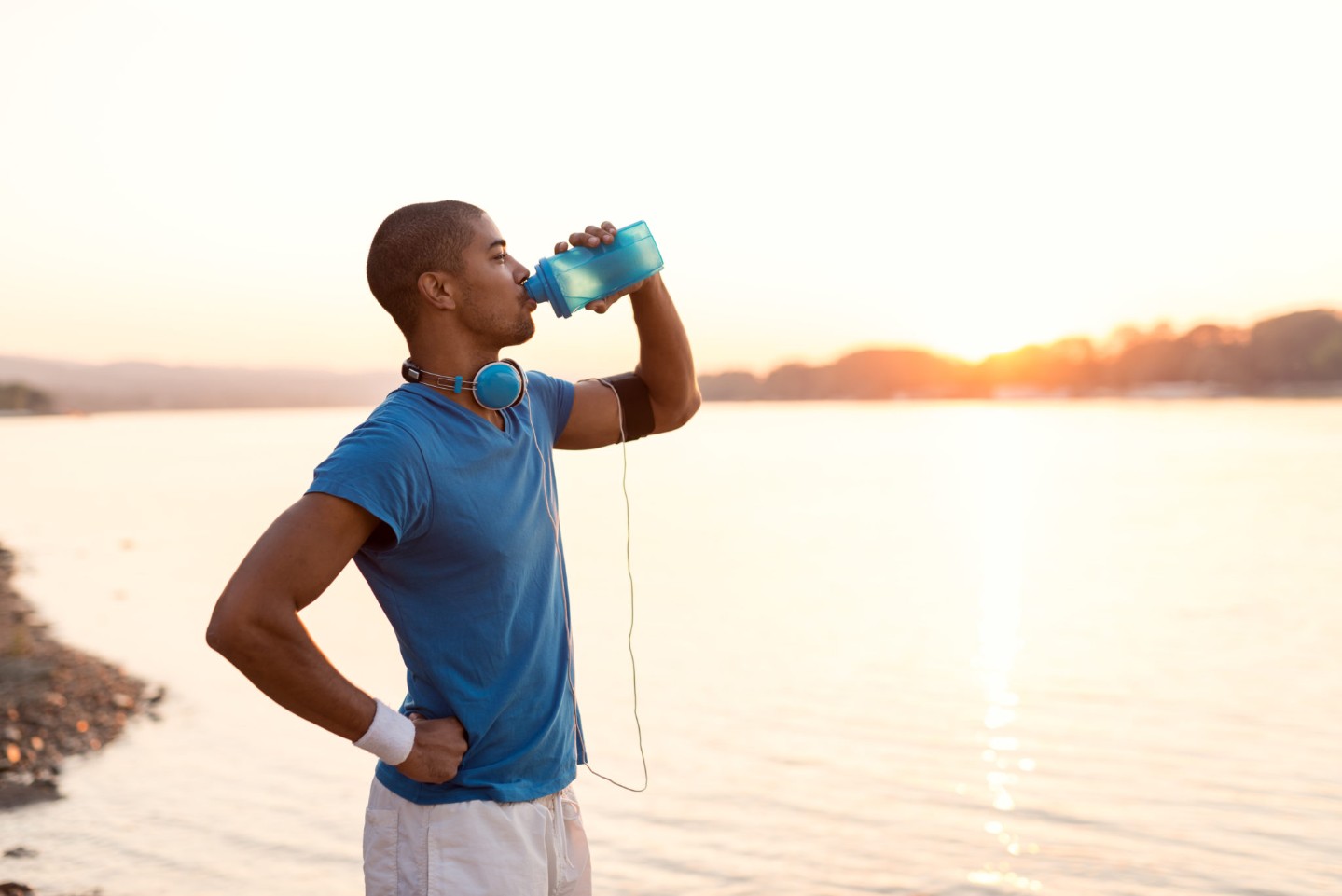Beyond the Chill: Understanding Raynaud's Phenomenon
JAN 29, 2026Raynaud's phenomenon is a rare disorder that affects the blood vessels, most commonly in the fingers and toes, but sometimes also in the nose, ears, or lips.
Read More
Is thinking about summer causing you to sweat? Be sure to replace those fluids to protect your heart. Dehydration puts you at risk for serious conditions like swelling, dizziness and heat illness. Your heart has to work overtime to pump blood when fluid levels dip too low. There is no magic number for how much liquid you need to drink to stay hydrated. It can vary day to day, depending on the weather and activity. However, if you’re feeling thirsty, your liquid levels are already too low.
Try drinking more fluids throughout the day. The goal is pale yellow urine. If it’s dark, the color of apple juice or darker, you’re dehydrated and not drinking enough. Also, steer clear of unneeded sugar and calories in fruit juice, soda and some sports drinks. Caffeine and alcohol cause you to lose even more fluid, so it’s best to stick to water. Only 10 percent of the population, those who perform 60-plus minutes of high-intensity exercise, require sports drinks to replace nutrients lost through sweating.
If drinking more water is a struggle, try:
If chronic dehydration or any of the above symptoms are a concern, reach out to your primary care provider today.
Originally Published: April 2019. Revised May 2022.

Raynaud's phenomenon is a rare disorder that affects the blood vessels, most commonly in the fingers and toes, but sometimes also in the nose, ears, or lips.
Read More
Arrhythmias are broadly categorized by where they originate (atria or ventricles) and how they affect heart rate (too fast, too slow, or irregular).
Read More
CAD occurs when the arteries supplying blood to your heart become hardened and narrowed due to a buildup of plaque (atherosclerosis).
Read MoreWhen you need local health information from a trusted source, turn to the CHI Health Better You eNewsletter.